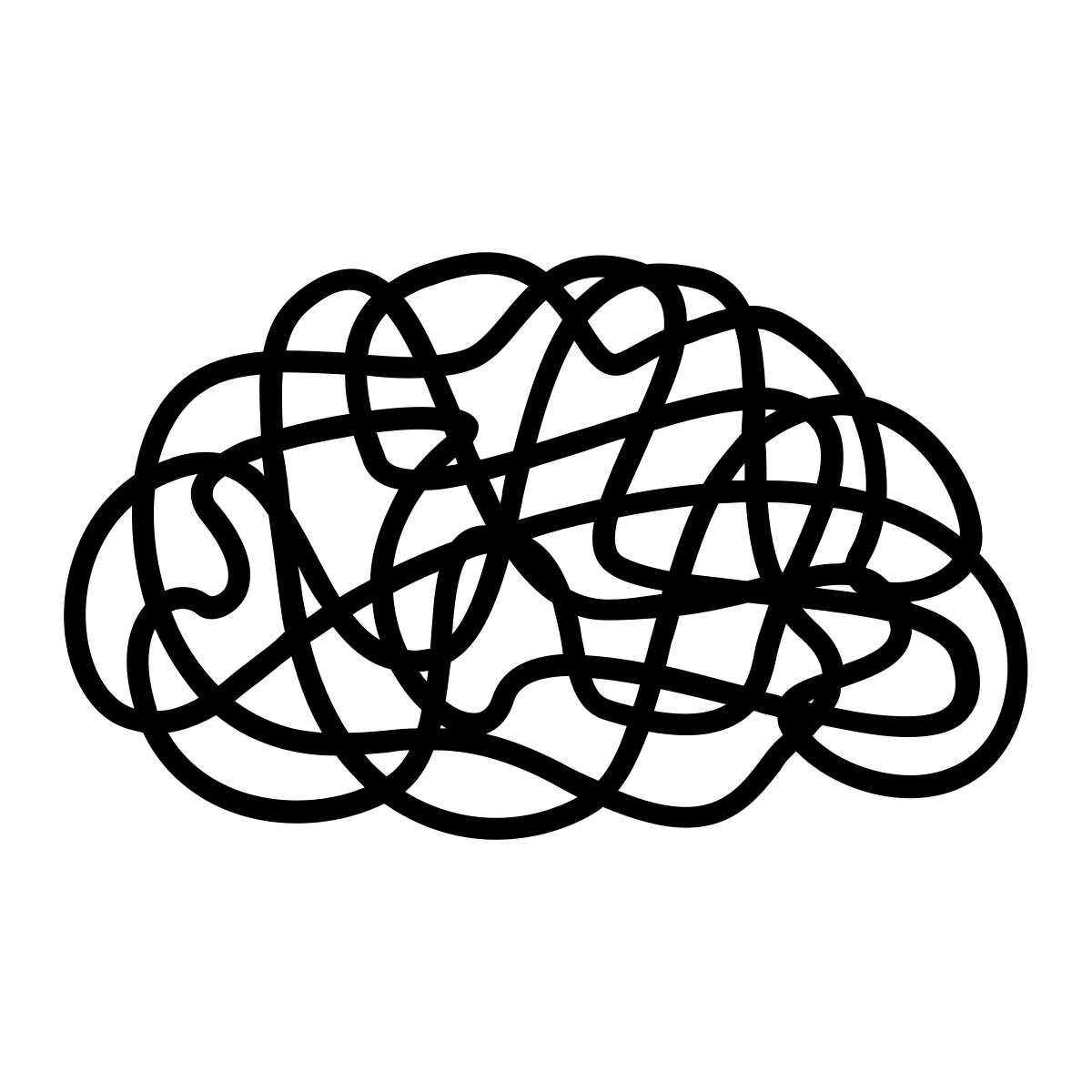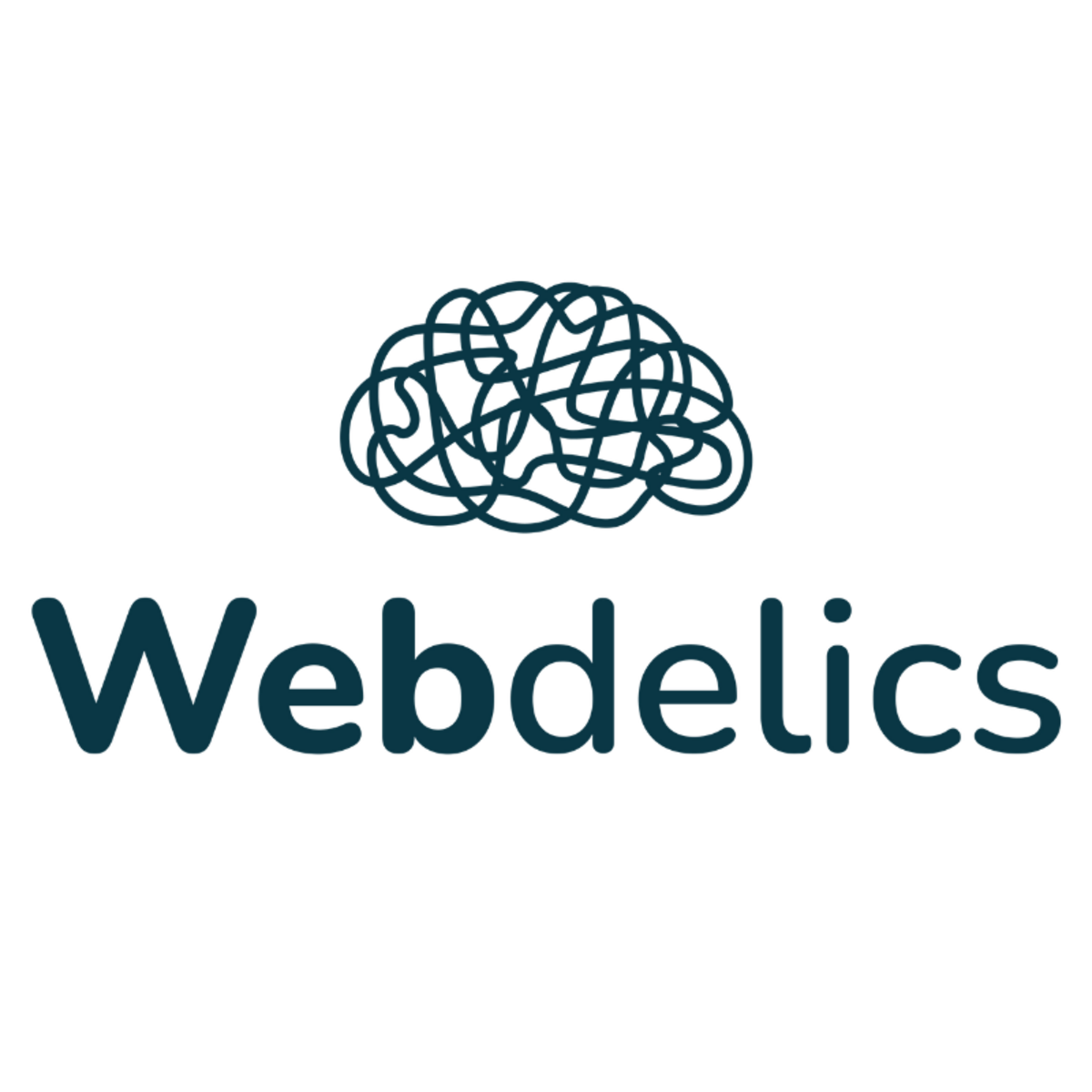
Explore the World of Plant Medicine and Psychedelics. A Weekly Digest of Exclusive Stories, Insights, and Research.

📔 Psychedelics 101: Terms Everyone Should Know
Synesthesia 🎨
Synesthesia is when one sense triggers another, like seeing sounds or tasting colors—common in psychedelic experiences with LSD, psilocybin, and mescaline. This occurs because psychedelics temporarily rewire sensory pathways, blending perception in unique ways.
For some, it enhances creativity and emotional depth, while for others, it can be overwhelming or disorienting. Scientists study it to understand how psychedelics alter brain function and perception.
🛑 Take Note – If sensory changes persist post-trip, integration work can help process the experience… But be weary if it persists for longer than a few days, as this should be examined by a medical provider.

Feeling Off Lately? Try One Week of Therapy, Free
Life can be overwhelming, but getting support shouldn’t be. This May for Mental Health Awareness Month, BetterHelp is offering one week of therapy completely free, so you can experience what real support feels like—no cost, no pressure.
You’ll be matched with a licensed therapist in as little as 24 hours, and connect on your schedule—by phone, video, or chat. With 35,000+ professionals, there’s someone for you. 94% of BetterHelp users report feeling better after starting therapy, and now you can try it yourself, risk-free.


📜 Top Article
The Psychedelic Therapy Renaissance - Key Studies You Can’t Ignore...
Psychedelic-assisted therapy is transforming mental health treatment, offering new hope for conditions like PTSD, depression, addiction, and end-of-life anxiety.
Over the past eight years, researchers have published pivotal studies revealing how psychedelics work, their therapeutic potential, and best practices for safe and effective treatment.
Below, we highlight 13 groundbreaking studies from 2016 to 2024 that mental health professionals, policymakers, and individuals exploring psychedelic therapy should know about.
💫 Key Findings from the Research Studies Between 2016 to 2024
1. Psilocybin for Anxiety and Depression in Life-Threatening Cancer
🧠 Key Finding: Psilocybin led to rapid and sustained reductions in anxiety and depression in terminally ill patients.
🔗 Study Link (Ross et al., 2016)
👩⚕️ For Therapists: This research supports psilocybin therapy as a powerful intervention for existential distress in palliative care settings.
🧑⚕️ For Patients: This study highlights that even in the face of terminal illness, psychedelics may provide emotional relief and enhance quality of life.
2. How Psilocybin Alters Brain Function
🧠 Key Finding: Psilocybin reduces activity in the default mode network (DMN), which is linked to rigid thought patterns in depression.
🔗 Study Link (Carhart-Harris et al., 2016)
👩⚕️ For Therapists: Understanding the neurological basis of psilocybin’s effects can help explain why it disrupts entrenched negative thinking in depression.
🧑⚕️ For Patients: This study validates the idea that psychedelics may "reset" brain function, allowing for new perspectives and emotional breakthroughs.
3. Ibogaine for Opioid Dependence
🧠 Key Finding: Ibogaine can reduce withdrawal symptoms and cravings in opioid users, though cardiac risks require careful monitoring.
🔗 Study Link (Noller et al., 2018)
👩⚕️ For Therapists: This study highlights ibogaine’s potential for addiction treatment, but also stresses the importance of medical oversight due to cardiac risks.
🧑⚕️ For Patients: Ibogaine may help break opioid addiction but should only be taken in a medically supervised setting.
4. Lasting Personality Changes from Psilocybin
🧠 Key Finding: Psilocybin therapy led to long-term increases in openness, associated with creativity and emotional flexibility.
🔗 Study Link (Erritzoe et al., 2018)
👩⚕️ For Therapists: Suggests that psychedelic therapy may facilitate deep personality shifts, not just symptom relief.
🧑⚕️ For Patients: Psychedelics could enhance creativity, curiosity, and emotional flexibility beyond the treatment period.
5. MDMA-Assisted Couples Therapy
🧠 Key Finding: MDMA-enhanced couples therapy improved PTSD symptoms and relationship satisfaction.
🔗 Study Link (Monson et al., 2020)
👩⚕️ For Therapists: MDMA may be useful in relational healing by fostering empathy and emotional connection.
🧑⚕️ For Patients: MDMA therapy could help couples navigate trauma together, deepening trust and understanding.
6. MDMA for PTSD: A Phase 3 Trial
🧠 Key Finding: MDMA therapy significantly reduced PTSD symptoms, bringing it closer to FDA approval.
🔗 Study Link (Mitchell et al., 2021)
👩⚕️ For Therapists: This is one of the strongest studies validating MDMA-assisted therapy as a viable PTSD treatment.
🧑⚕️ For Patients: If you suffer from PTSD, MDMA-assisted therapy may provide lasting relief in just a few sessions.
7. Psilocybin for Major Depressive Disorder (MDD)
🧠 Key Finding: Psilocybin therapy led to rapid and sustained improvement in depression symptoms.
🔗 Study Link (Davis et al., 2021)
👩⚕️ For Therapists: Psilocybin could be a powerful alternative for treatment-resistant depression.
🧑⚕️ For Patients: This study suggests faster relief than traditional antidepressants, sometimes in one session.
8. Psilocybin for Alcohol Use Disorder
🧠 Key Finding: Psilocybin-assisted therapy significantly reduced heavy drinking.
🔗 Study Link (Bogenschutz et al., 2022)
👩⚕️ For Therapists: Suggests psilocybin can help with addiction recovery when integrated with therapy.
🧑⚕️ For Patients: Could be a breakthrough for those struggling with alcohol dependence.
9. LSD, Psilocybin, and DMT in Neuroimaging Studies
🧠 Key Finding: These substances disrupt rigid brain networks, supporting their ability to break negative thought loops.
🔗 Study Link (Timmermann et al., 2019)
👩⚕️ For Therapists: Neuroimaging confirms that psychedelics help rewire the brain in beneficial ways.
🧑⚕️ For Patients: Helps demystify psychedelic experiences by showing their measurable effects in the brain.
10. Microdosing Psychedelics: Review of Existing Evidence
🧠 Key Finding: Many reported benefits of microdosing may be due to placebo effects.
🔗 Study Link (Kuypers et al., 2021)
👩⚕️ For Therapists: Encourages caution when recommending microdosing.
🧑⚕️ For Patients: Highlights the need for more rigorous studies before drawing conclusions.
11. LSD-Induced Reactivation of Visual and Emotional Memories
🧠 Key Finding: LSD can vividly reactivate past emotional and visual memories, potentially useful for trauma therapy.
🔗 Study Link (Holze et al., 2023)
👩⚕️ For Therapists: Could aid trauma processing and psychotherapy.
🧑⚕️ For Patients: LSD may help uncover and process unresolved memories.
12. Systematic Review of LSD Microdosing Studies
🧠 Key Finding: Microdosing lacks strong scientific backing, with mixed results.
🔗 Study Link (Cohn & de Wit, 2023)
👩⚕️ For Therapists: Recommends caution in promoting microdosing as a proven therapy.
🧑⚕️ For Patients: Highlights ongoing uncertainty around microdosing’s effectiveness.
13. Psilocybin for Smoking Cessation: Follow-Up Study
🧠 Key Finding: Many participants quit smoking after psilocybin therapy, with effects lasting over a year.
🔗 Study Link (Garcia-Romeu et al., 2024)
👩⚕️ For Therapists: Highlights psilocybin’s role in addiction recovery.
🧑⚕️ For Patients: Shows long-term smoking cessation benefits after a single treatment.
🛣 It’s Only The Beginning…
Psychedelic research is rapidly reshaping mental health treatment. With FDA approval for MDMA and psilocybin on the horizon, it’s critical to stay informed.
✅ For Therapists: Understanding the mechanisms and clinical applications of psychedelics will prepare you for the future of mental health care.
✅ For Patients: These studies highlight real breakthroughs in mental health treatment, but working with a trained professional is essential for safety and effectiveness.

🎉 Top Weekly Blog!
Our Top Psychedelic and Plant Medicine Blog from Webdelics
The Webdelics website has over 160+ evidence-based, research-backed blogs that were intentionally written to give you the facts, not just our opinions.
📚 Here is this week’s top blog on our site, rated by our readers:
👉 Check it out and let us know what you think!

💬 We will leave you with this…
As Samuel Butler elegantly stated, “Life is not an exact science, it is an art.”
Challenging our beliefs and knowledge is essential for finding the truth, especially in a crowded space like plant medicine and psychedelics.
Until next time…




